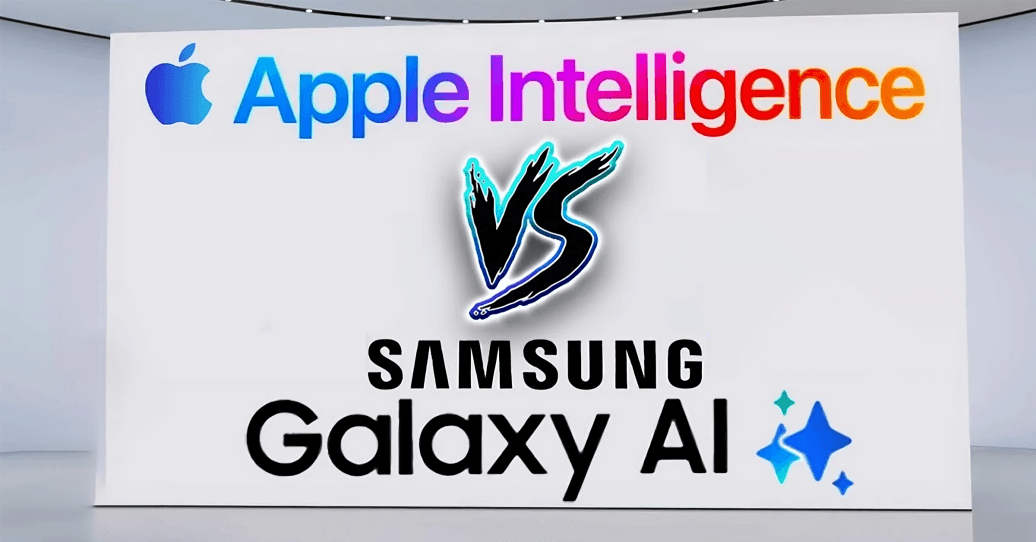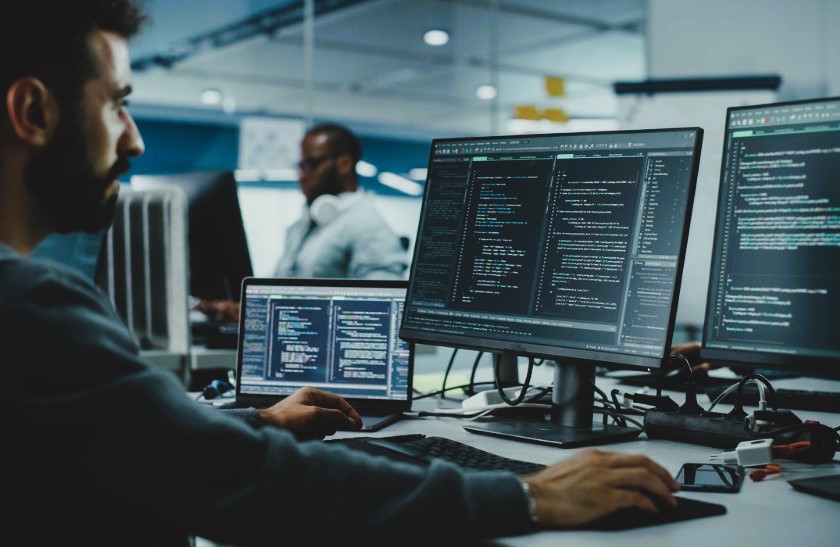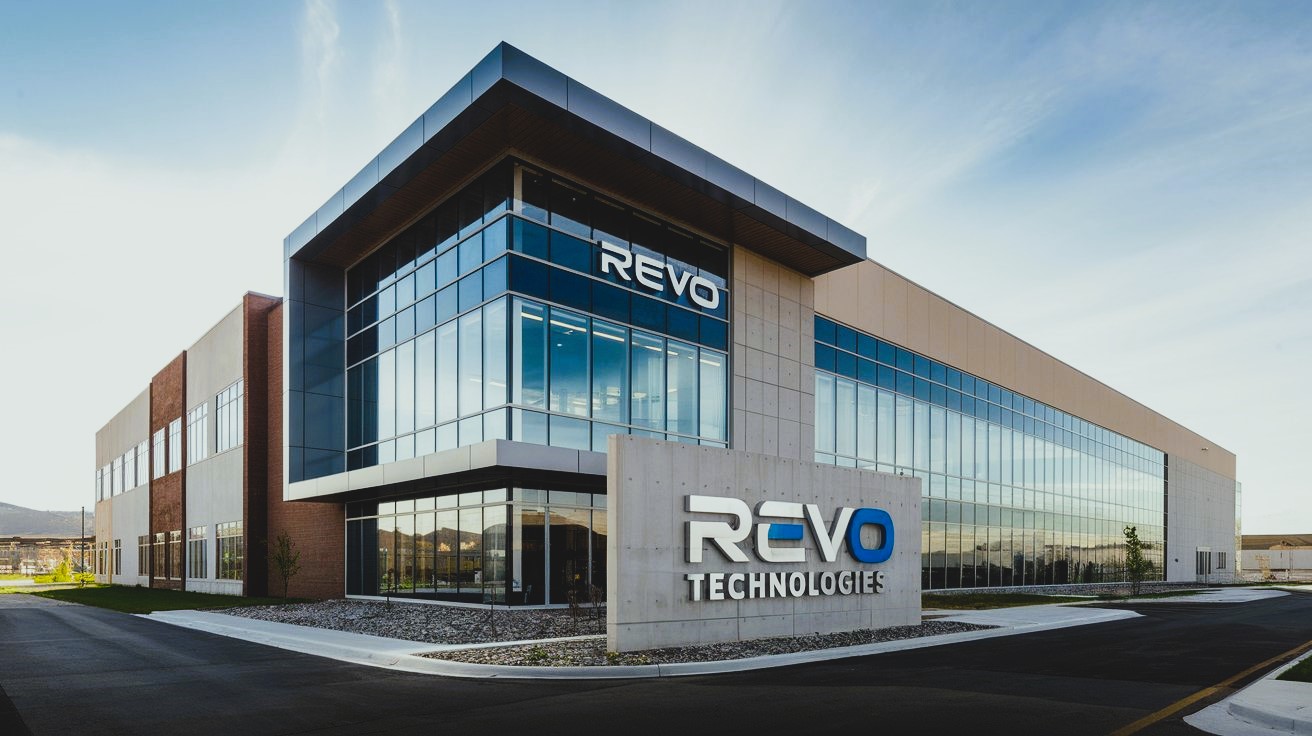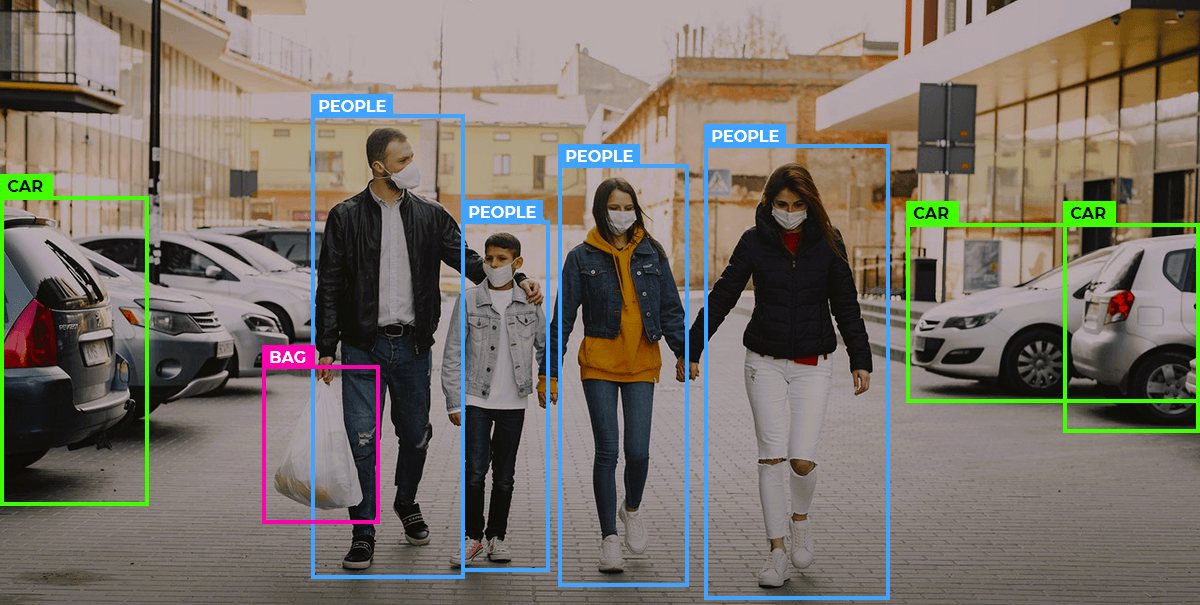In the fast-paced world of smartphones, two major players have consistently dominated the market—Apple and Samsung. These tech giants continue to push the envelope with innovations in artificial intelligence (AI). Apple intelligence, often embodied in Siri, powers the iPhone series, while Samsung Galaxy AI, manifested in Bixby, drives its Galaxy series. But which one is more intelligent? Let’s break down the AI capabilities of both brands and see how they compare in 2024.
Understanding AI in Smartphones
AI in smartphones isn’t just limited to virtual assistants like Siri and Bixby. It encompasses machine learning (ML), image recognition, voice processing, and smart automation. These AI systems optimize smartphone operations by improving user experience, streamlining multitasking, and personalizing interactions.
Apple and Samsung have integrated AI deep within their operating systems to provide enhanced services, personalization, and advanced features, but their approach and capabilities differ significantly.
Apple Intelligence: Siri and Beyond
Apple’s AI ecosystem is led by Siri, but its AI prowess goes far beyond just a voice assistant. With the A-series Bionic chips, Apple has introduced powerful AI capabilities to its iPhone series. Apple’s Neural Engine, a dedicated AI and ML core within the chips, powers facial recognition, augmented reality (AR), and more.
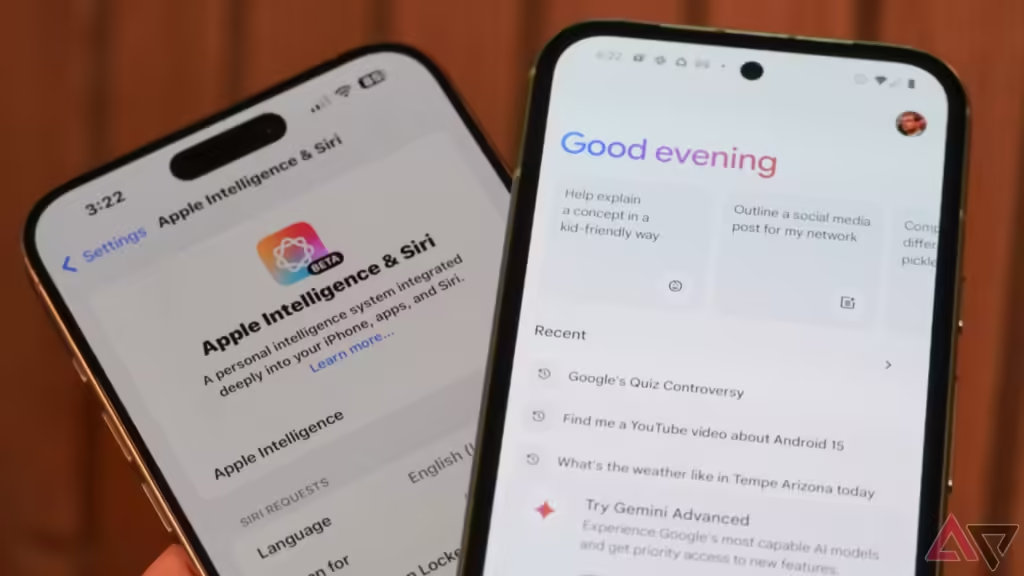
1. Siri:
Siri has evolved since its launch in 2011. Integrated with Apple’s secure cloud ecosystem, Siri offers seamless voice-based assistance. It can send messages, make calls, set reminders, control smart home devices, and more. Its conversational abilities, while not the most advanced, have become more contextual and natural over time.
2. Neural Engine and AI-powered features:
Apple’s Neural Engine improves performance in areas like photography, where AI and ML algorithms enhance images through Smart HDR, Deep Fusion, and Night Mode. Apple’s AI also drives facial recognition with Face ID, which securely unlocks the phone. Apple’s AI is deeply integrated with iOS to provide personalized suggestions across apps, manage battery performance, and more.
3. On-device privacy:
A significant advantage of Apple’s AI is its commitment to privacy. Much of the AI processing happens on-device, reducing the amount of data sent to Apple’s servers. This approach increases security and privacy, an essential factor for users concerned about data protection.
Samsung Galaxy AI: Bixby and AI-Powered Features
Samsung’s AI, spearheaded by Bixby, takes a different approach. Bixby, first launched in 2017, is designed to work seamlessly across Samsung’s ecosystem, which includes not just smartphones but also smart TVs, appliances, and other connected devices.
1. Bixby:
Samsung’s virtual assistant, Bixby, is designed to be a comprehensive AI that controls not only the phone but also Samsung’s vast range of devices. Bixby can perform tasks such as sending texts, setting alarms, translating text, and even controlling smart home gadgets. A unique feature of Bixby is Bixby Routines, which learns user habits and automates tasks, like adjusting screen brightness based on the time of day.
2. AI-powered camera and smart features:
Samsung has heavily invested in AI for its cameras. Features such as Scene Optimizer and Single Take Mode leverage AI to automatically adjust settings for the best possible photos. Samsung also uses AI for Super Steady video stabilization, gesture recognition, and voice-to-text processing.
3. Open AI ecosystem:
Unlike Apple, which restricts its ecosystem to its devices, Samsung embraces a more open approach, integrating AI not just with its Galaxy devices but also across multiple platforms, including Google Assistant and Amazon Alexa. This gives Samsung users more flexibility in choosing their AI ecosystem.
Apple vs Samsung AI: Which is More Intelligent?
When comparing the intelligence of Apple’s and Samsung’s AI, it’s essential to look at their strengths and weaknesses.
1. Virtual Assistant Intelligence
Siri and Bixby have different focuses. Siri excels in simplicity and security, while Bixby is more capable of controlling devices within Samsung’s ecosystem. However, Siri’s conversational abilities have lagged behind other assistants like Google Assistant. Bixby, while more advanced in handling Samsung devices, struggles with widespread user adoption, as many users prefer Google Assistant.
2. AI-Driven Photography
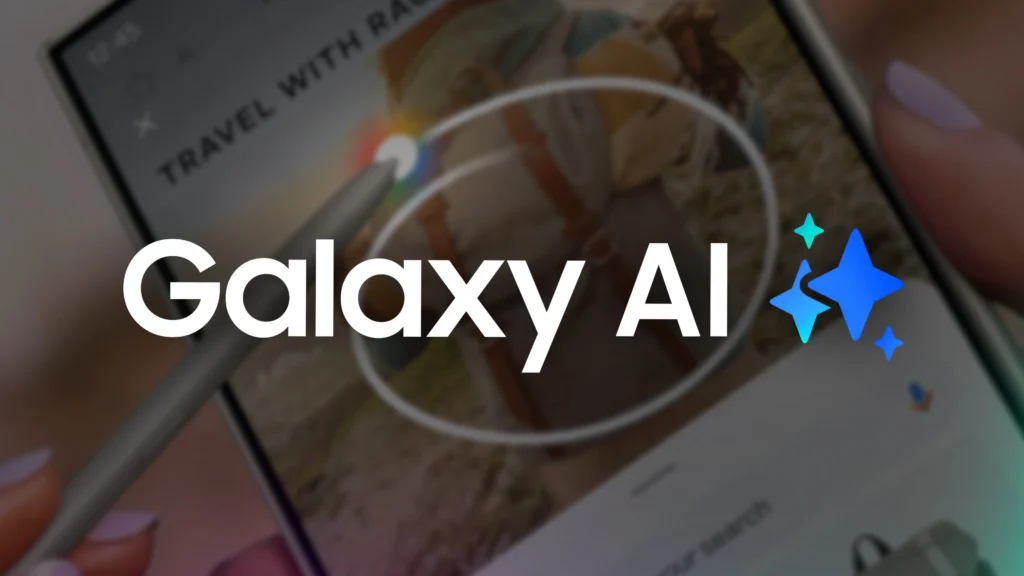
Apple’s AI-driven photography, powered by the Neural Engine, consistently ranks among the best. Features like Deep Fusion and Night Mode deliver exceptional results in low-light conditions. Samsung, however, isn’t far behind with its AI-powered Scene Optimizer and camera features that offer more flexibility for photography enthusiasts. Samsung’s Super Steady stabilization also provides an edge for users who focus on video content.
3. Ecosystem and Automation
Samsung’s Bixby offers more extensive automation options through Bixby Routines, making it a strong choice for users who want their devices to learn and adapt to their behavior. Apple, on the other hand, prioritizes a smooth, secure experience across its ecosystem. Apple’s tight integration between devices like the iPhone, iPad, and MacBook ensures seamless transitions and task continuity, although it lacks the in-depth automation that Bixby provides.
4. Privacy and Security
Apple leads in terms of privacy. Its on-device processing for AI tasks significantly reduces data sharing with third parties, making it a favorite for users concerned about their digital footprint. Samsung’s AI capabilities are impressive, but its open approach means more data may be processed in the cloud, raising potential privacy concerns.
Conclusion
So, which AI is more intelligent: Apple or Samsung Galaxy? The answer depends on what you value most.
- If you prioritize privacy, seamless integration across a closed ecosystem, and consistent AI-driven photography, Apple’s AI is the better choice.
- However, if you’re looking for flexibility, automation, and an AI system that integrates across a broader range of devices, Samsung’s AI might be more appealing.
Both Apple and Samsung are pushing the boundaries of AI, and as technology evolves, the gap between them is narrowing. Ultimately, your choice depends on how you use your smartphone and what features matter most to you.
By understanding these AI capabilities and how they impact user experience, you can make a more informed decision when choosing between the Apple iPhone and Samsung Galaxy series.
Thank you for visiting AI Current Affair. We hope you find our content both informative and enjoyable. Feel free to explore, engage, and share your thoughts with us. Together, let’s dive into the exciting world of AI and discover what it has in the world for all of us!

